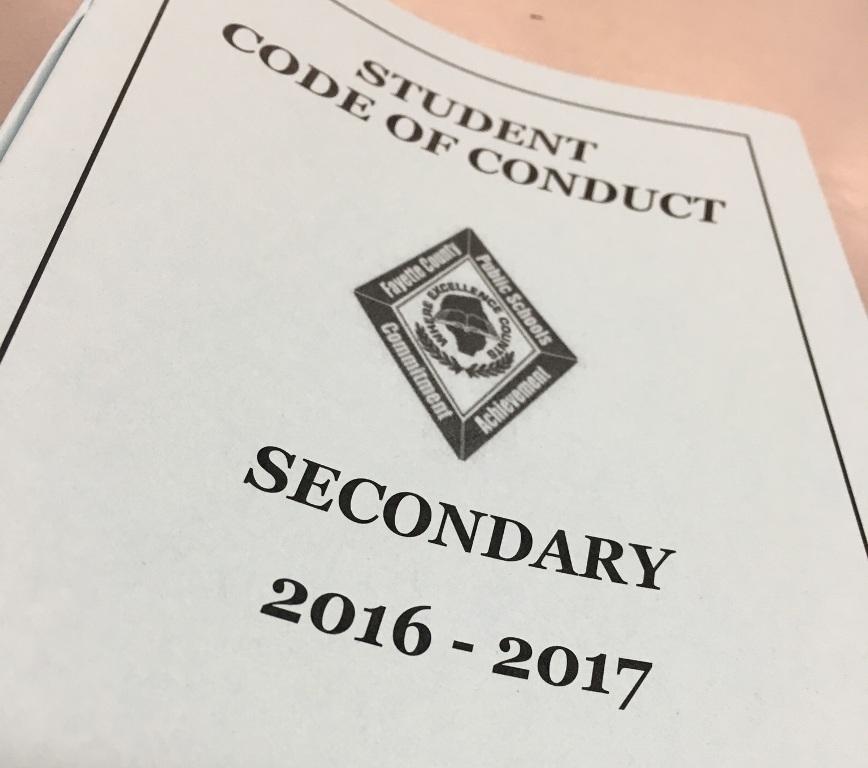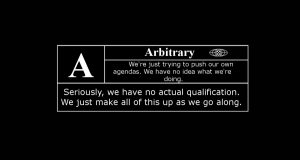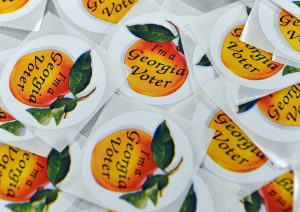Student rights? Yeah, right!
School rules restrict and disrespect today’s youth
The student code of conduct contains all the rules students must follow. These small blue books are passed out at the beginning of each school year and students are required to sign a paper agreeing to all terms and conditions of the code.
November 8, 2016
I can already hear the scoffs of middle aged adults at the sight of the headline. Student rights? What do they need those for? For some reason, anyone under the age of 21 (or maybe even up to 25) seems to be brushed off in terms of what’s a constitutionally given right. It’s mainly a problem in high schools and colleges where teens are becoming old enough to drive and vote and even drink but still have to ask to go to the bathroom.
What about the fact that someone is a student makes it necessary for their rights to be different than any other person? Granted, some of the student right laws are put there for safety and maintaining the stability of the learning environment. However, some are just unnecessary restrictions that only frustrate and hold back the youth.
According to Steven E. Glink, attorney-at-law, “the rights of minors can be suppressed in ways that the rights of adults simply may not be.” Teenagers and young adults are too commonly overlooked and seen as unimportant in terms of the law as well as just in general.
The reason for this is a concept upheld in courts called loco parentis, which basically means that schools must take on responsibilities and act in the place of parents. School systems have a duty to regulate students and keep them safe as well as maintain education as the number one priority. If the actions of a student interfere with that priority, the school can take specific measures in order to deal with that interference.
However, how many of these “protective” rules and regulations violate our basic human rights? Quite a few, actually.
For one, students do not have complete freedom of speech, at least not within school walls. A student can get a detention simply for disagreeing with a teacher. Even if the teacher is harsh or insulting with the students, they have no ability to retaliate or argue back without getting in trouble. Jessica Kelmon, writer of the Great Schools program, explains a situation where the teacher takes advantage of their power and emotionally abuses their students.
Students are also punished for any use of “foul” language, which is just an unrealistic rule. They’re unable to say words most people use on a daily basis for emphasis and are, therefore, unable to participate in expressing what they really think.
Freedom of expression is another right violated by schools, stripping the youth of their originality.
For example, dress codes forbid certain clothing which is somewhat understandable, but they also restrict things such as hair color, piercings, and tattoos. Some schools don’t even allow longer hair or religious wear such as hijabs or tichels such as in New Rider v. Board of Education. This was a court case fighting the suspension of two male Pawnee Indians for extending their hair past their shoulders for traditional purposes.
How are students expected to show any form of originality under these conditions? They should be concerned with standing out, not fitting in. If everyone is taught to look, think, and act the same way, what will the world come to? Schools are violating students’ rights to be themselves.
Some would argue that the fact that school doesn’t teach you what you need to know for the future is, in fact, a violation of rights. Students are deprived of the knowledge they need to survive outside of high school and college. By not preparing teenagers for adult life, schools are failing to live up to their actual purpose, to educate.
Schools don’t teach students important skills such as money management or how to find a job. There aren’t any courses on how to make it in the real world. Many teenagers are unaware of the necessities and budgeting one has to do once outside of school. According to a College & Career Readiness Survey, “less than half (44.8%) of students feel positively about their college and career readiness.”
“We learn information that is useless and not pertaining to our career goals. Why don’t we learn how to pay bills, taxes, or mortgage rates? My right to actually learn something useful is violated,” senior Amanda Winkjer said. When students spend over 13 years in school, they have a right to be learning things that pertain to the rest of their lives. A right that is not met.
Individual teachers violate students’ rights as well. They make up their own rules for their classrooms that can range from reasonable to ridiculous. For example, teachers sometimes won’t allow students to go to the bathroom, especially if someone already went. Students could be up to 18 years old and not be able to use the bathroom just because an adult with more authority told them they couldn’t.
For high school seniors who are 18 and college students who are even older, everything seems less fair. These legal adults are still unable to leave school without a parent’s permission. They have all the consequences of becoming an adult with none of the benefits. College students have a little more freedom but they’re the ones who have to worry about bills they were never taught how to pay for.
This all may just sound like a teenager whining about their problems but that’s exactly the issue. Students’ needs are not met and their complaints aren’t taken seriously simply because they’re young. But youth shouldn’t negate basic human rights. Student rights should be taken more seriously because the youth of today are the leaders of tomorrow and they deserve to be treated with respect.








